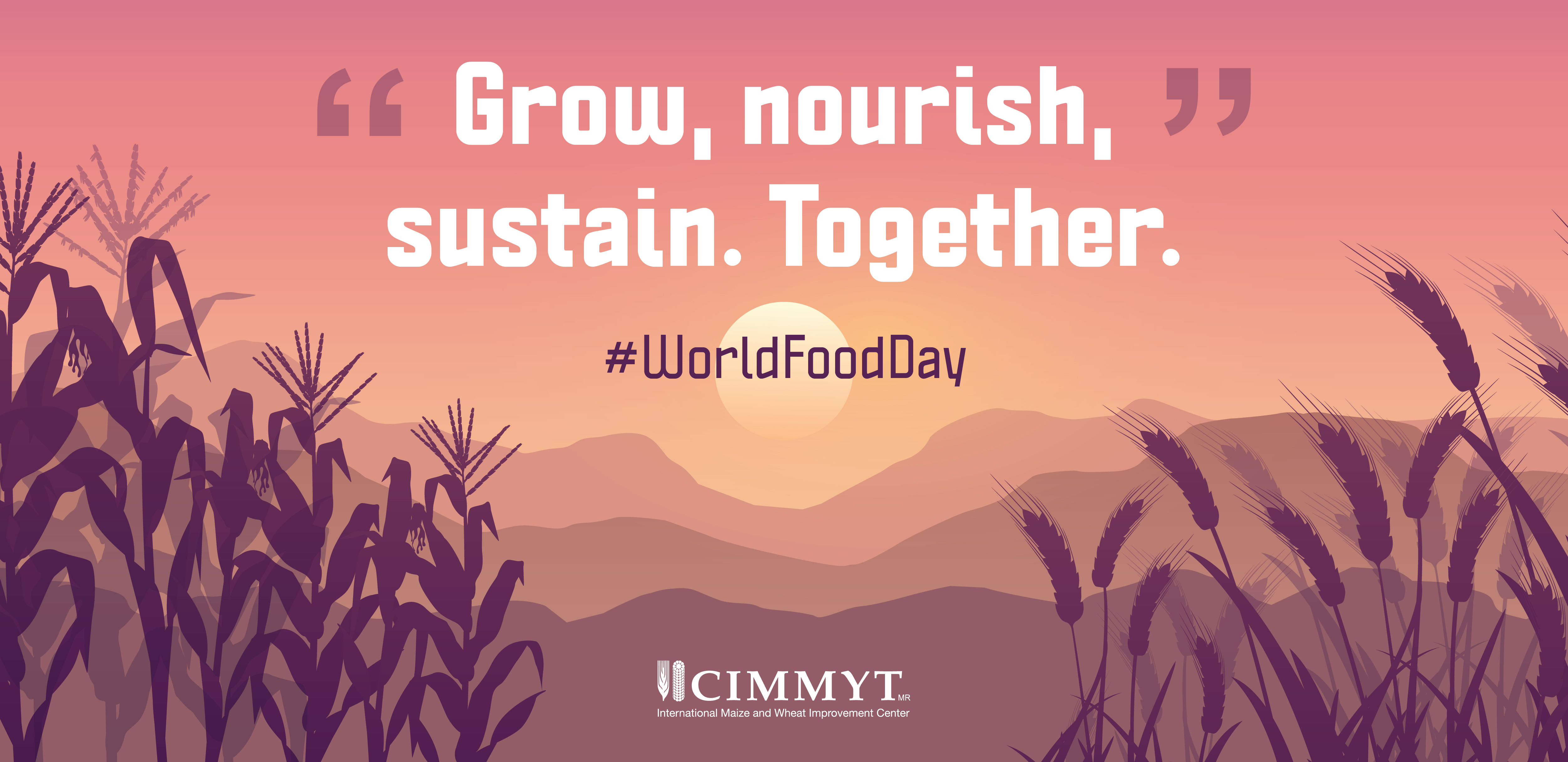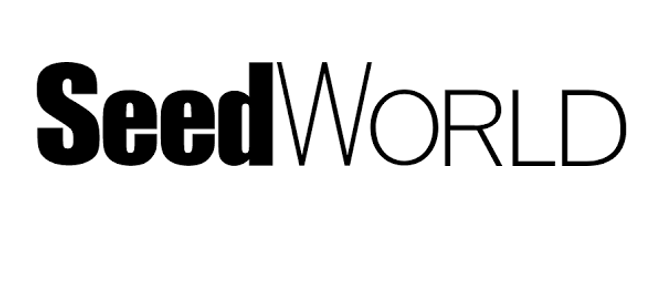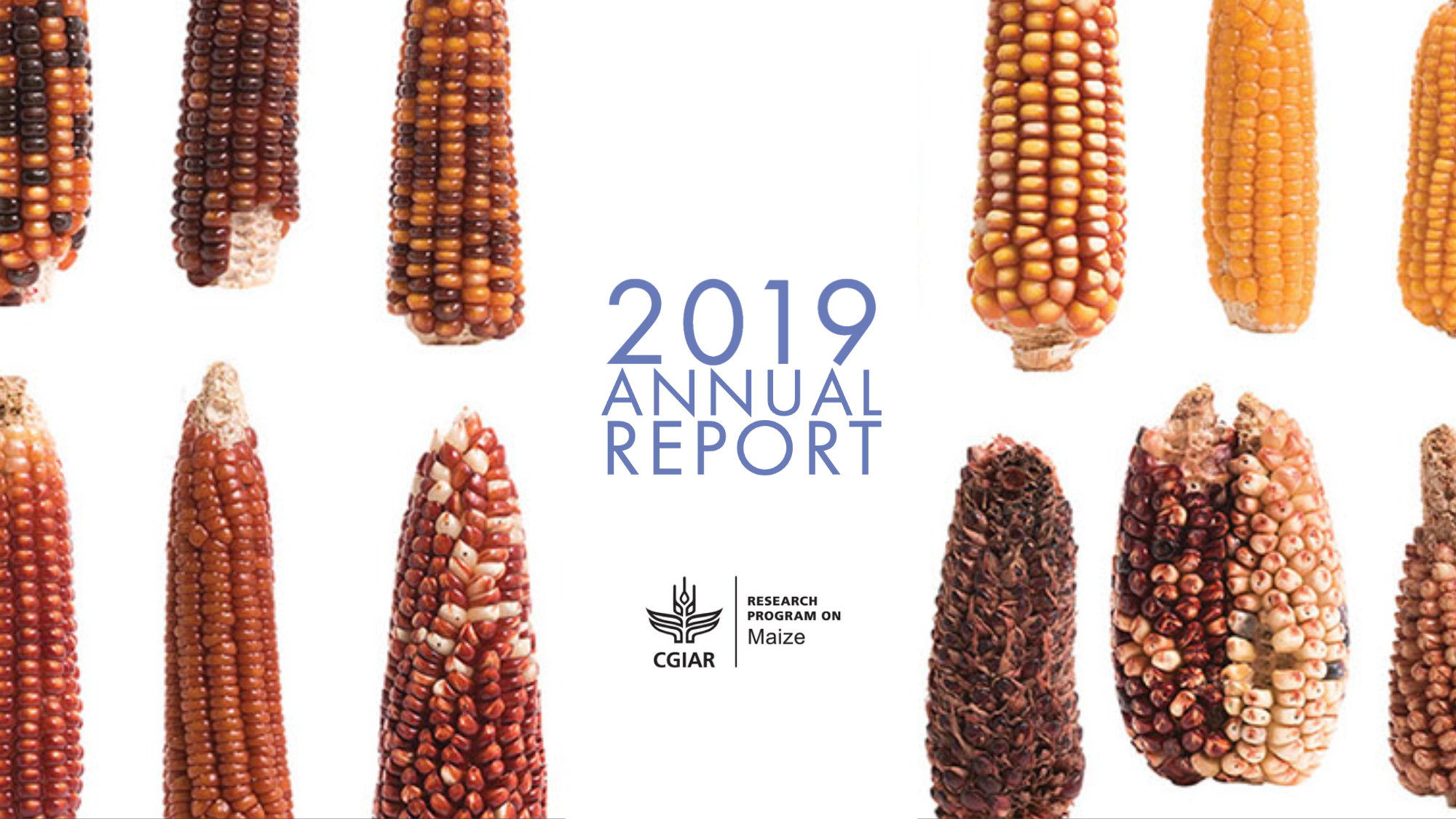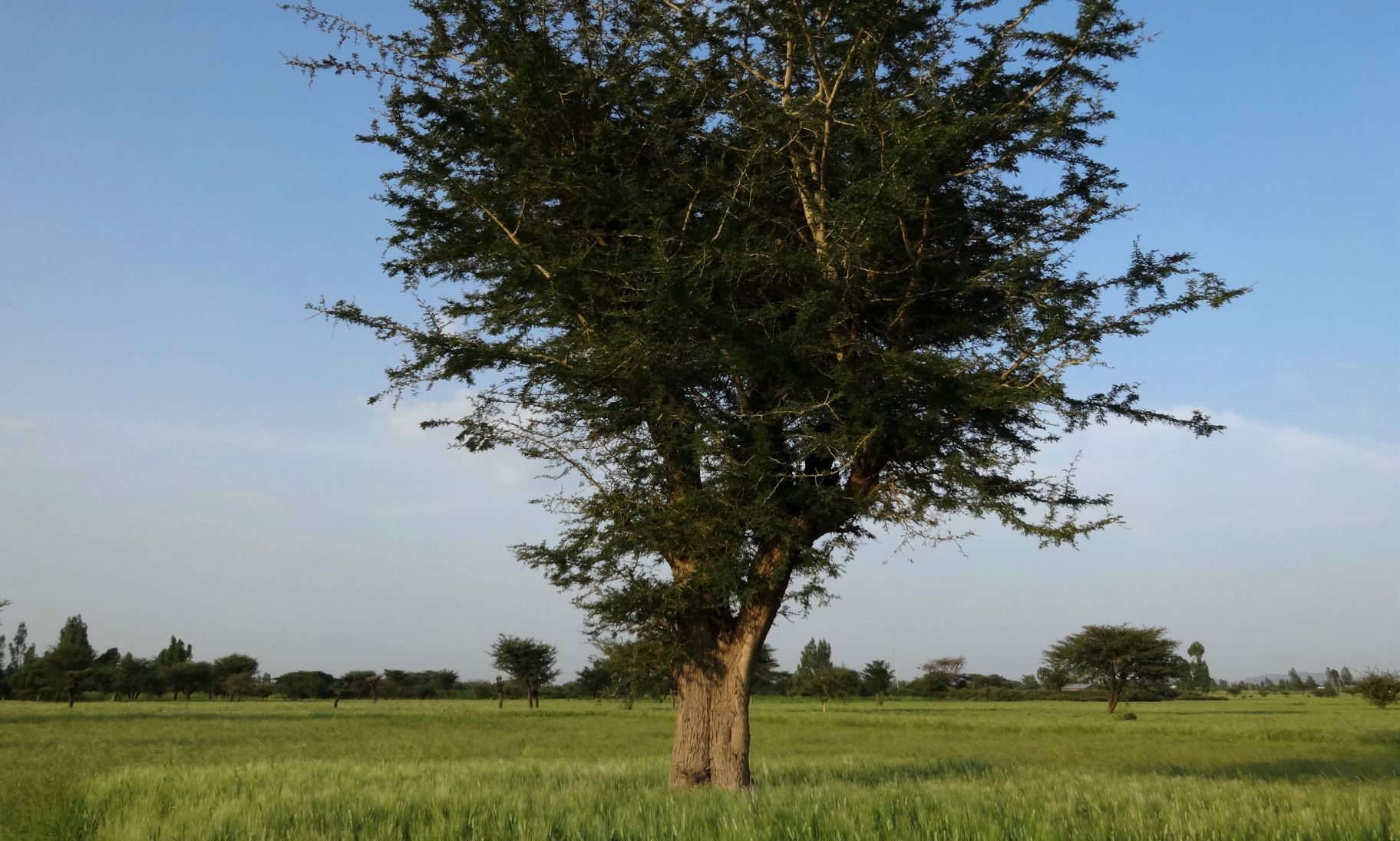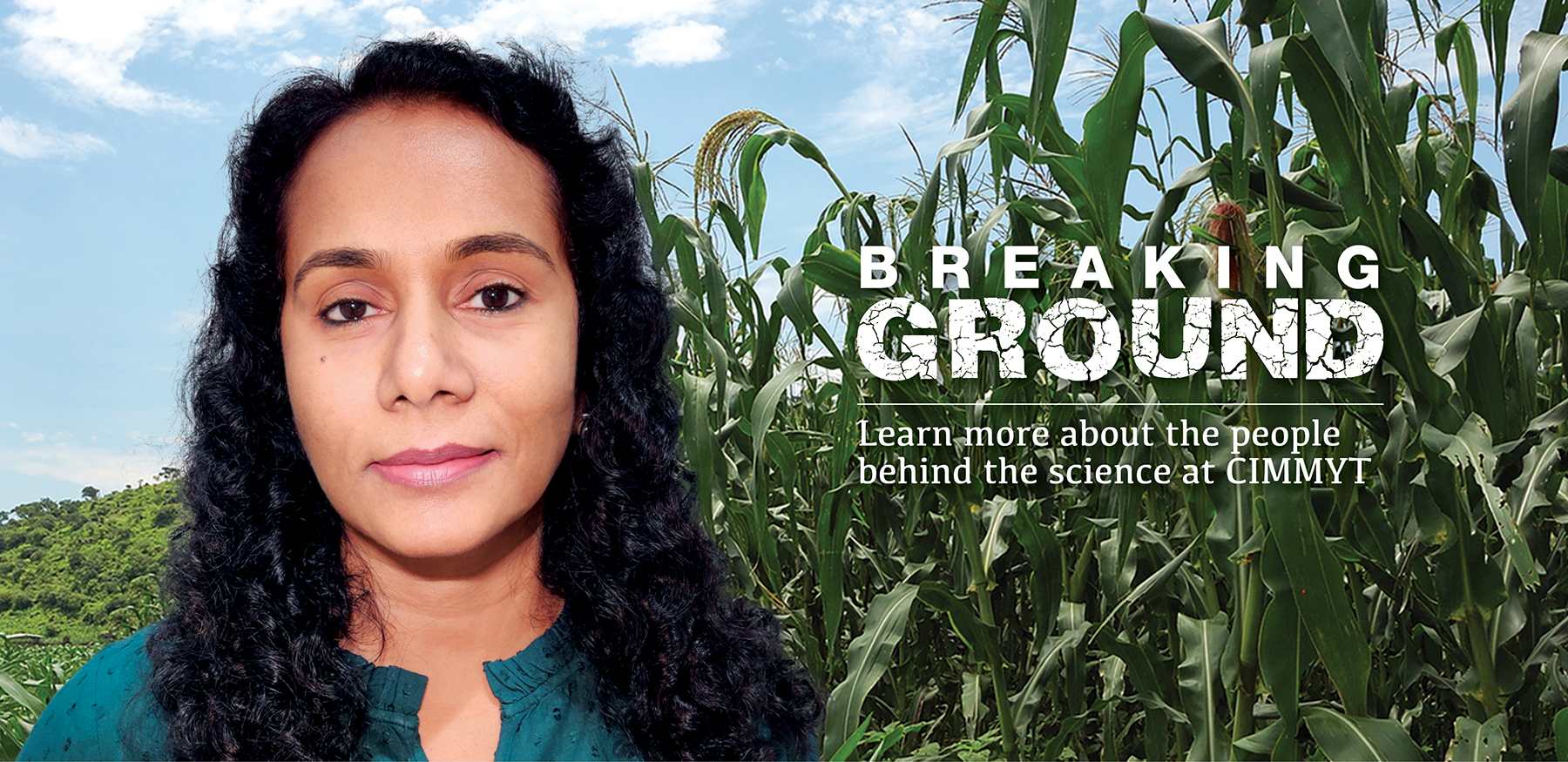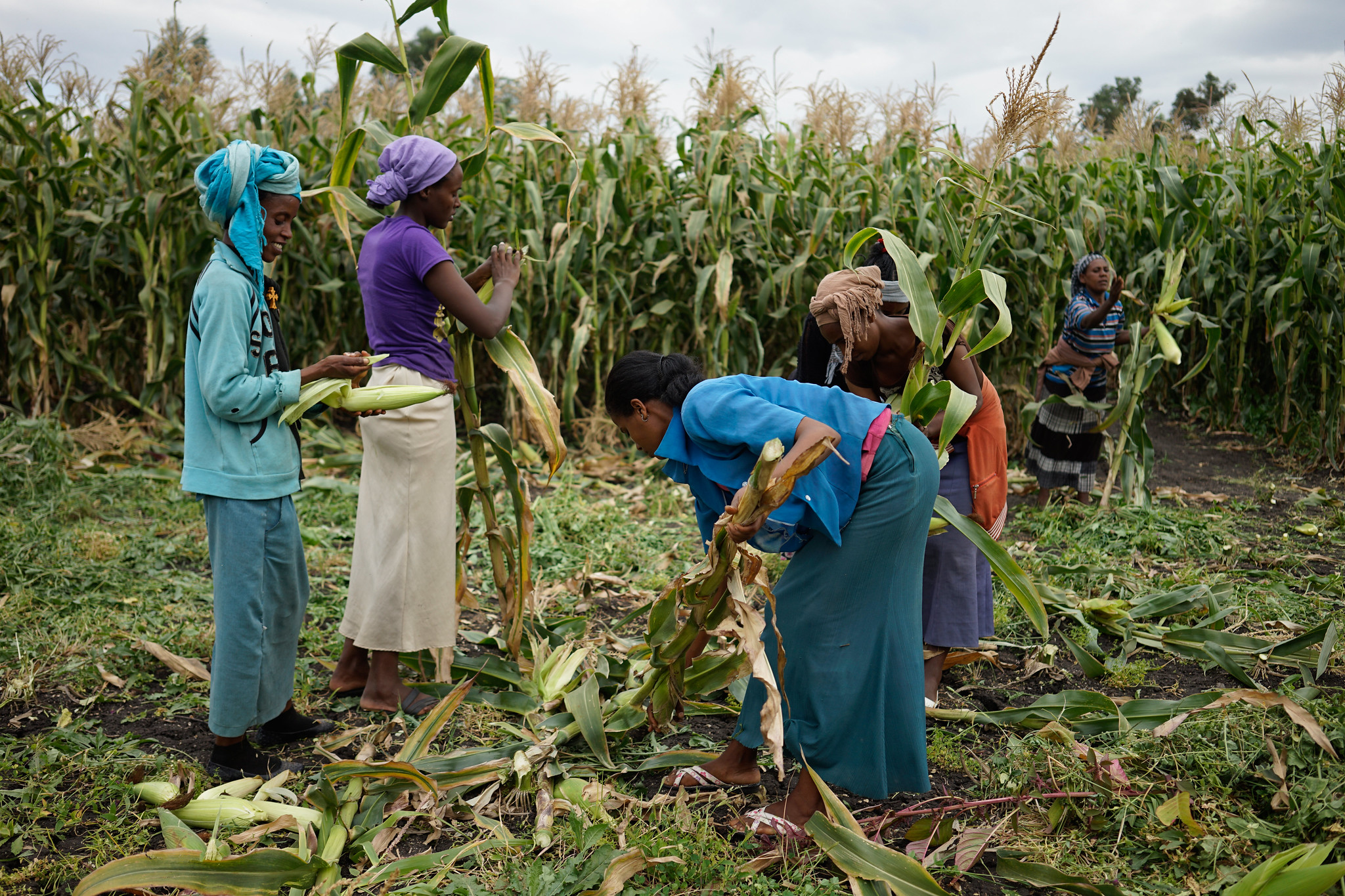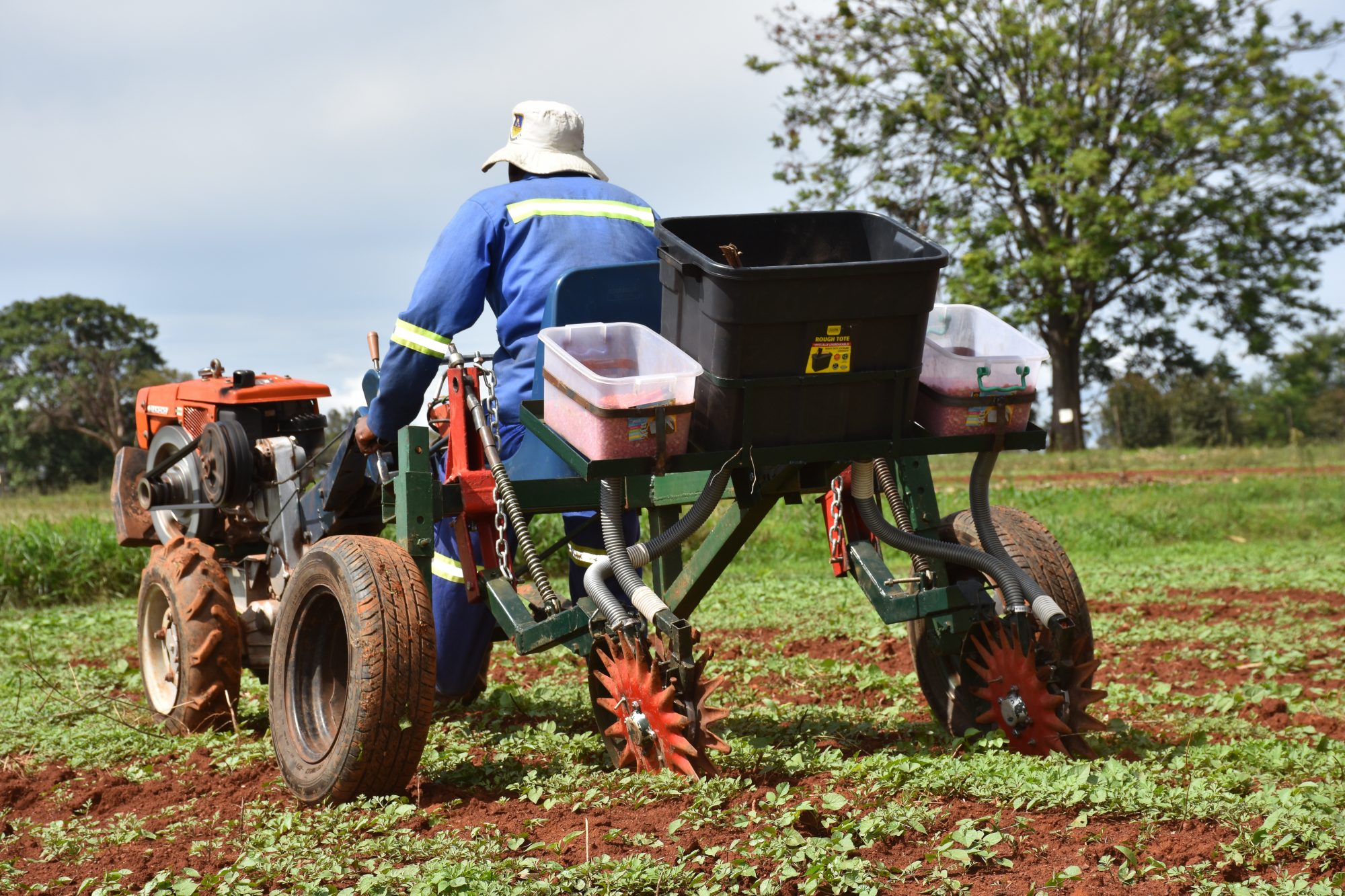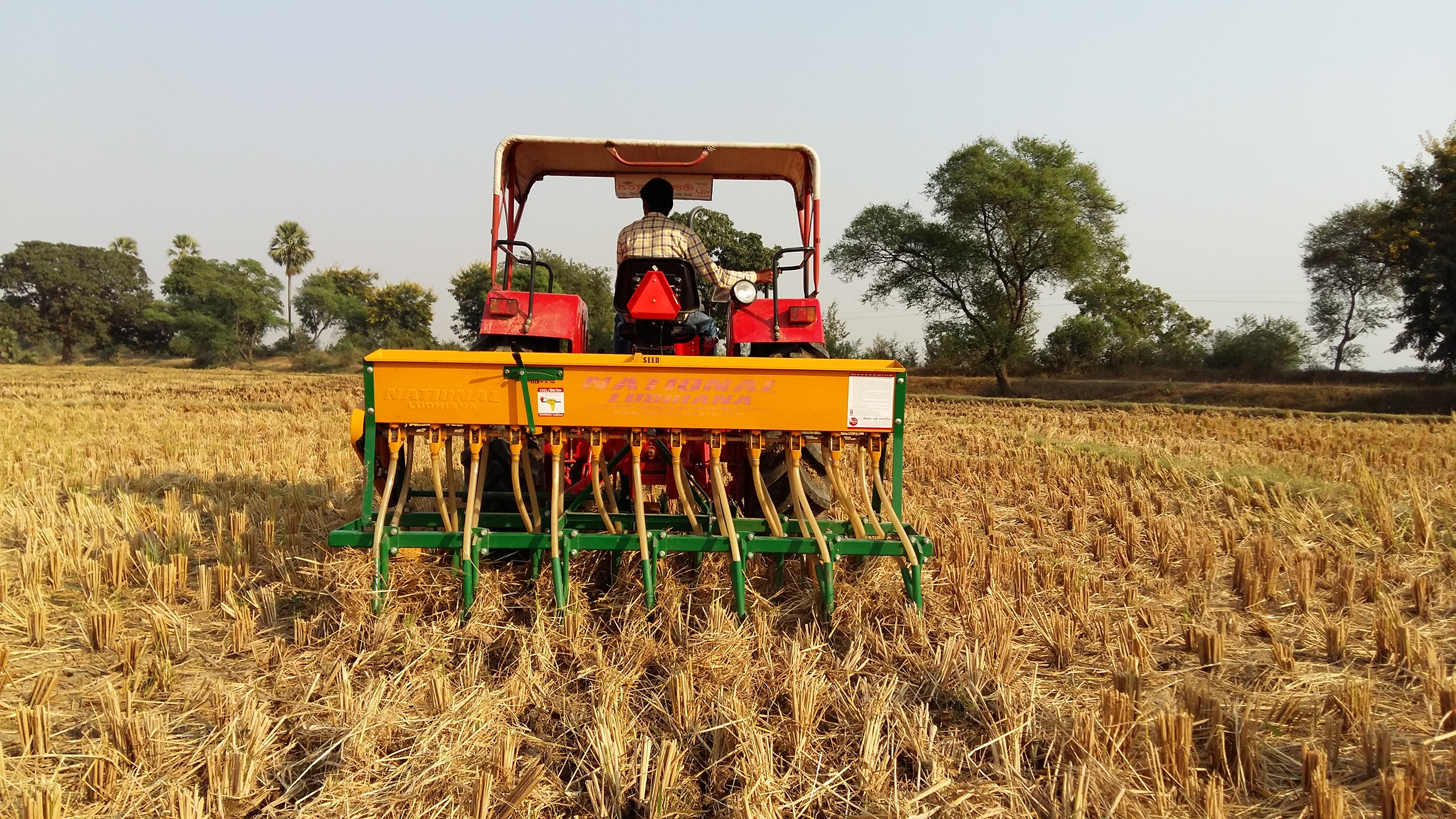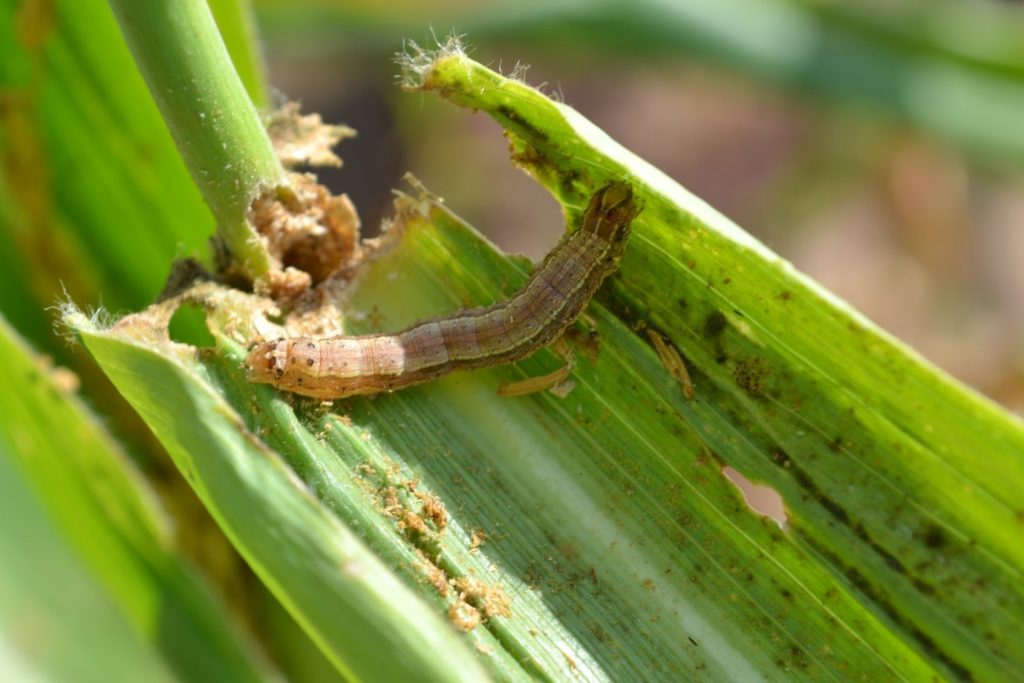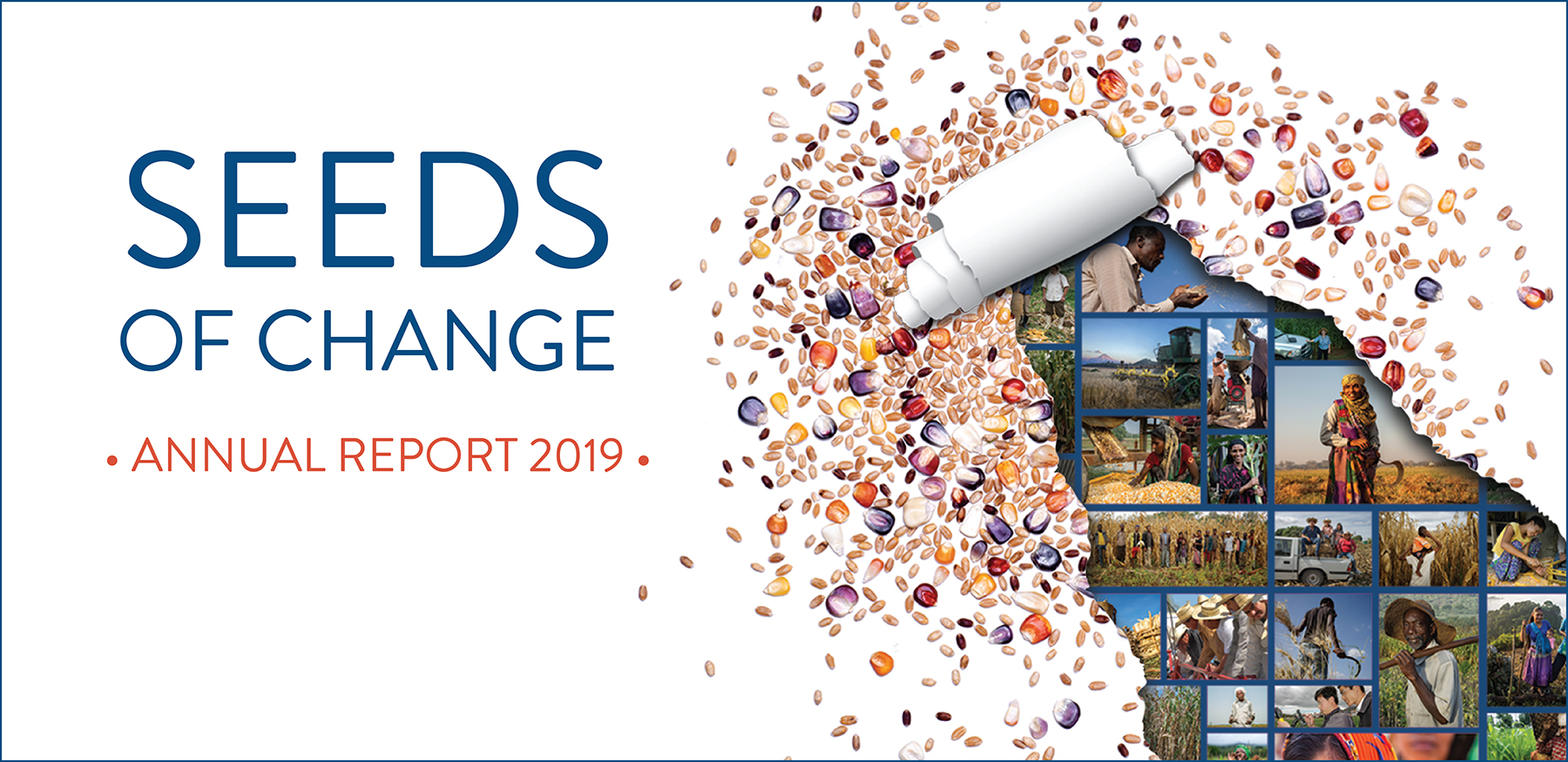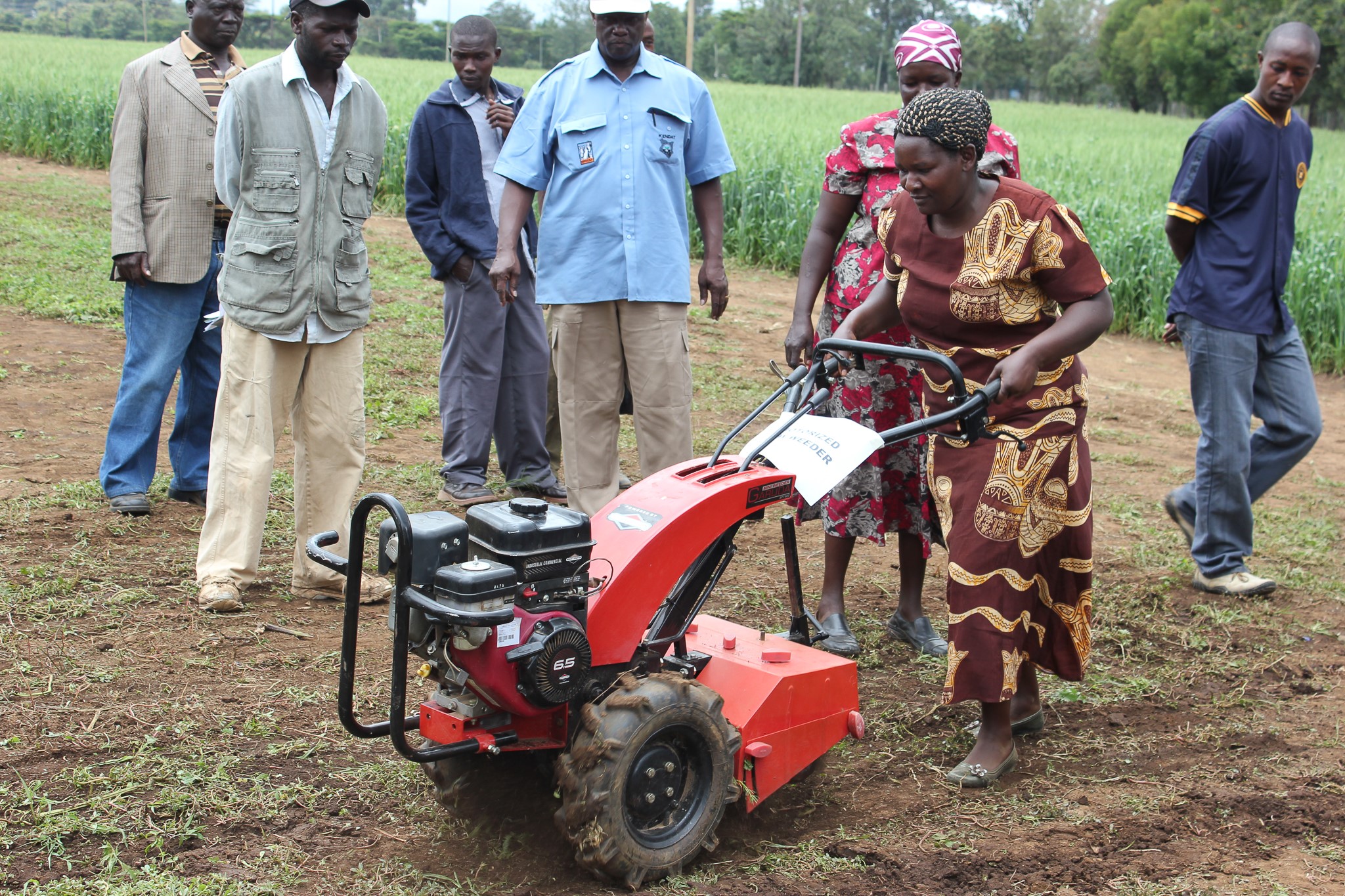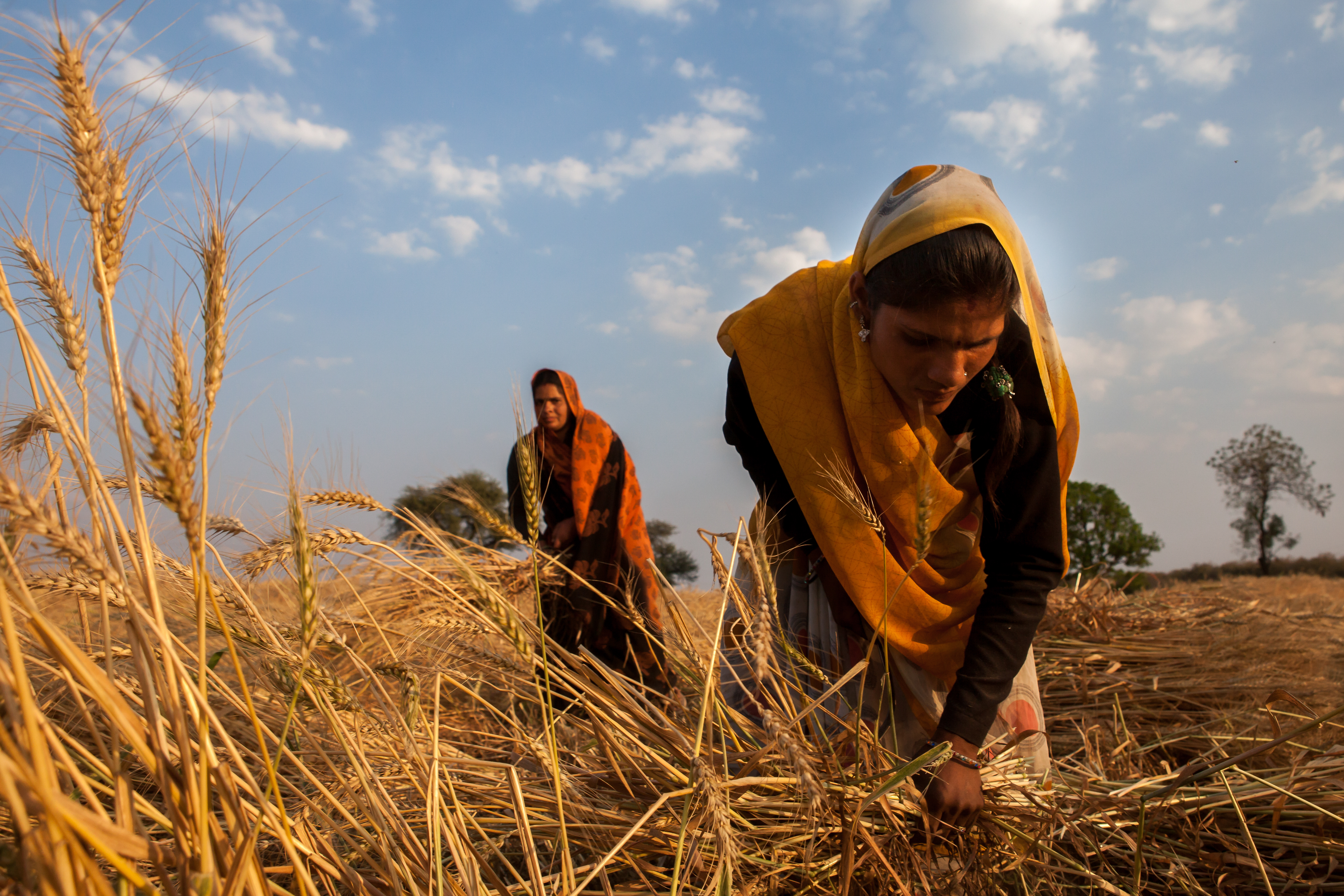CGIAR Research Program on Maize (MAIZE)
The CGIAR Research Program on Maize (MAIZE) is an international collaboration between more than 300 partners that seeks to mobilize global resources in maize research and development to achieve a greater strategic impact on maize-based farming systems in Africa, Latin America and South Asia.
Led by the International Maize and Wheat Improvement Center (CIMMYT), with the International Institute of Tropical Agriculture (IITA) as its main CGIAR partner, MAIZE focuses on increasing maize production for the 900 million poor consumers for whom maize is a staple food in Africa, Latin America and South Asia. MAIZE’s overarching goal is to double maize productivity and increase incomes and livelihood opportunities from sustainable maize-based farming systems.
MAIZE receives funding support from CGIAR Trust Fund contributors.
MAIZE Flagship Projects (FPs) and Cluster of Activities
FP1: Enhancing MAIZE’s R4D strategy for impact
• Foresight and targeting of R4D strategies
• Learning from M&E, adoption and impacts
• Enhancing gender and social inclusiveness
• Value chain analysis
FP2: Novel diversity and tools for improving genetic gains
• Informatics, database management and decision support tools
• Development of enabling tools for germplasm improvement
• Unlocking genetic diversity through trait exploration and gene discovery
• Pre-breeding: development of germplasm resources
FP3: Stress-tolerant and nutritious maize
• Climate resilient maize with abiotic and biotic stress tolerance
• Tackling emerging trans-boundary disease/pest challenges
• Nutritional quality and end-use traits in elite genetic backgrounds
• Precision phenotyping and mechanization of breeding operations
• Seed production research and recommendations
• Stronger maize seed systems
FP4: Sustainable intensification of maize-based systems
• Multi-scale farming system framework to better integrate and enhance adoption of sustainable intensification options
• Participatory adoption and integration of technological components
• Development and field-testing of crop management technologies
• Partnership and collaborations models for scaling
World Food Day 2020: Nourishing food systems
 Climate adaptation and mitigation
Climate adaptation and mitigation
We need to make sure our food systems grow a variety of food to nourish a growing population and sustain the planet.
Seed Seekers, Seed Keepers, Seed Growers
 Nutrition, health and food security
Nutrition, health and food security
Source: Seed World (1 Oct 2020)
CIMMYT’s seed bank preserves the genetic diversity of maize and wheat so the crops can adapt to a changing production environment.
CRP Maize Annual Report 2019
 Nutrition, health and food security
Nutrition, health and food security
Innovation in maize agri-food systems is critical to overcoming this century’s challenges. In 2019, MAIZE partners released 82 CGIAR-derived high-yield maize varieties with drought-, heat- and disease-resistant traits.
Matching nutrients to agroforestry systems for greater maize and wheat yields
 Innovations
Innovations
Case studies from Ethiopia and Rwanda show adaptable fertilizer rates may help tree-based smallholder farmers, thus providing them with options to cope with COVID-19-imposed fertilizer shortages.
New publications: Power, agency and benefits among women and men maize farmers
 Gender equality, youth and social inclusion
Gender equality, youth and social inclusion
Income-generating benefits of improved maize varieties hampered by patriarchal gender norms in rural Nigeria.
Breaking Ground: Sudha Nair helps bridge gap between maize breeding and genetics
 Innovations
Innovations
CIMMYT scientist applies genomics in maize breeding to achieve higher genetic gains.
Targeted fertilizer recommendations improve maize productivity in Ethiopia
 Nutrition, health and food security
Nutrition, health and food security
Researchers in Ethiopia show that well-targeted fertilizer recommendations improve fertilizer usage and productivity of maize production.
Small is beautiful
 Gender equality, youth and social inclusion
Gender equality, youth and social inclusion
7 ways to make small-scale mechanization work for African farmers.
Could coronavirus drive farmers to adopt sustainable practices in India’s breadbasket?
 Climate adaptation and mitigation
Climate adaptation and mitigation
Interest in farm machinery and crop diversification spike as farmers respond to COVID-19 labor shortages.
New fall armyworm portal launched to help facilitate greater research collaboration
 Nutrition, health and food security
Nutrition, health and food security
Portal will encourage rapid, iterative experimentation and global teamwork to address spread and impact of the invasive crop pest.
Annual Report 2019 launched
 Innovations
Innovations
CIMMYT’s work may begin with seeds, but our innovations support farmers at all stages of the value chain.
African small-scale mechanization project winds down after strong results
 Gender equality, youth and social inclusion
Gender equality, youth and social inclusion
The two-wheel tractor has proven its worth in Africa’s smallholder farms thanks to the FACASI project.
New publications: From working in the fields to taking control
 Gender equality, youth and social inclusion
Gender equality, youth and social inclusion
New study presents a typology of women’s decision-making in wheat in India.
